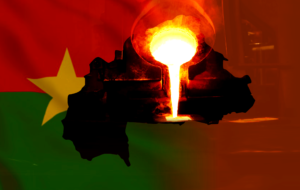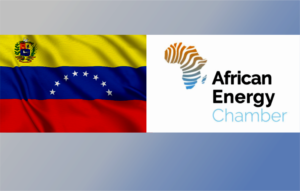AfDB – Equatorial Guinea’s €58 Million Partnership Deal, Targeting Youth Empowerment and Inclusive Growth
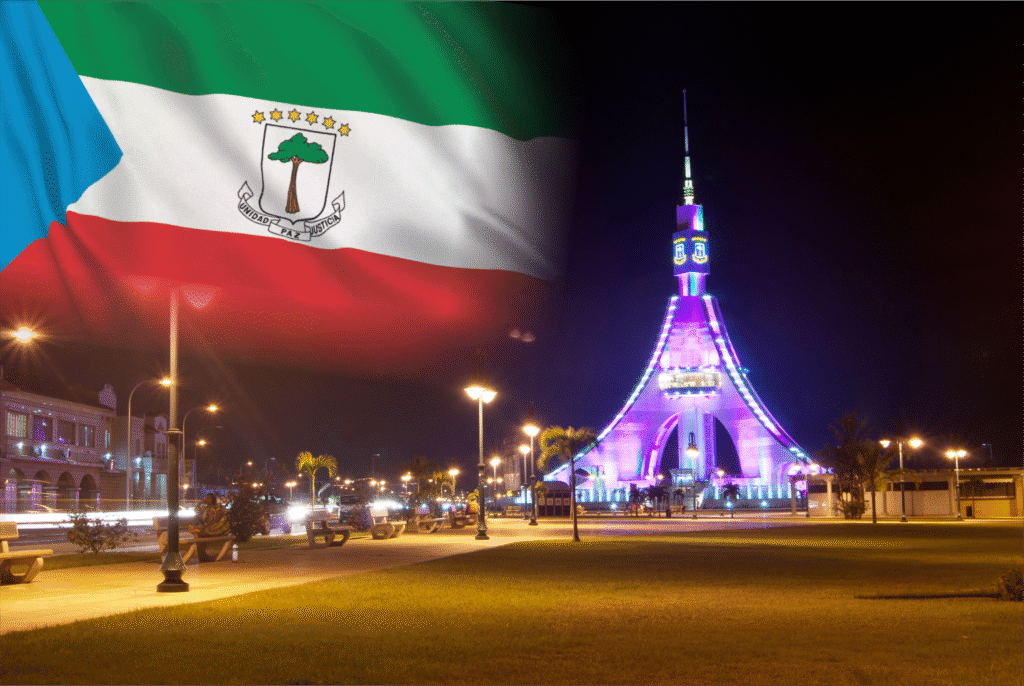
BATA, Equatorial Guinea: the African Development Bank Group (AfDB) and the Republic of Equatorial Guinea have signed a €58.61 million financing agreement to launch the first phase of the Project to Strengthen Human Capital in Support of Economic and Social Inclusion (PARCH 1). This is a milestone initiative designed to boost youth employment, entrepreneurship, and skills development across the country.
Signed in Bata on October 30 by Léandre Bassolé, AfDB’s Director for Central Africa, and Pedro Abeso Obiang Eyang, the country’s Deputy Minister for Finance and Budget, the agreement marks the Bank’s first major investment in Equatorial Guinea’s human development sectors in a decade.
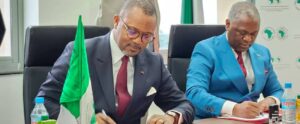
At its core, PARCH seeks to tackle one of Equatorial Guinea’s most pressing challenges: how to translate years of infrastructure-driven growth into real economic opportunity for its young population. The project aims to train nearly 2000 young people, in which 45% of them are women, creating 4500 jobs and help to establish 500 young-women-led enterprises. It will also fund the construction of two new polytechnic institutes in Mongomo and Luba, designed to meet international and climate-resilient standards.
This project is aimed at bridging the gap between the infrastructure built over the last few decades and the skills needed to bring it to life. By training a skilled and enterprising young workforce, Equatorial Guinea will be creating the conditions for shared prosperity, where knowledge becomes the country’s primary resource.

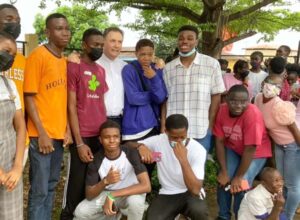

In respect of a nation that has long relied on oil revenues, this pivot toward human capital marks a strategic shift. The government, contributing €14.65 million to the total project cost of €73.27 million, is betting that vocational and entrepreneurial education will reduce unemployment and dependence on imports, while stimulating innovation and private-sector growth. This financing represents a strategic investment in the future of our youth in Equatorial Guinea. In developing young people’s skills in promising sectors, Equatorial Guinea will be laying the foundations for a diversified and resilient economy, beyond the Numbers and a social transformation.
The implications of this initiative go far beyond economics. To most families, the project could redefine intergenerational prospects, offering young people a reason to stay and invest their energy at home rather than seek uncertain futures abroad. While for some women, who are often excluded from formal employment, the 45% participation target, represents a meaningful step toward gender inclusion in a traditionally male-dominated labor market.
Culturally, the establishment of polytechnic institutes in provincial areas like Mongomo and Luba may help decentralize opportunity, countering the capital-centric concentration of development. It also strengthens local communities by embedding education and innovation in regions historically left behind.
This partnership-transaction signals a pragmatic recalibration politically. Equatorial Guinea’s leadership, often criticized for overreliance on oil, appears intent on aligning with the African Union’s Agenda 2063 and global calls for sustainable inclusive growth. The partnership with the AfDB lends both technical credibility and regional legitimacy to that effort.
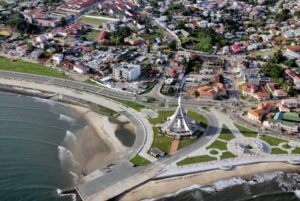
The project’s emphasis on internships, incubators and start-up funds accentuates a shift toward entrepreneurship as a driver of growth, pointing at possible expansion in the private sector and the path forward. Most businesses would view this partnership-import to mean a pipeline of better-trained workers and innovators capable of transforming existing industries, from agriculture to digital services and into generating engines of value creation.
As of August 2025, the AfDB’s portfolio in Equatorial Guinea totals €85.6 million across five active operations, with agriculture and governance as key focus areas. PARCH complements that vision by targeting the human dimension of development in the skills, creativity and social-creative-science areas that no infrastructure project can deliver alone.
Attaining a successful end to this partnership, the PARCH project could redefine Equatorial Guinea’s social contract, from one built on oil wealth, to one built on opportunity, knowledge, and inclusion.


